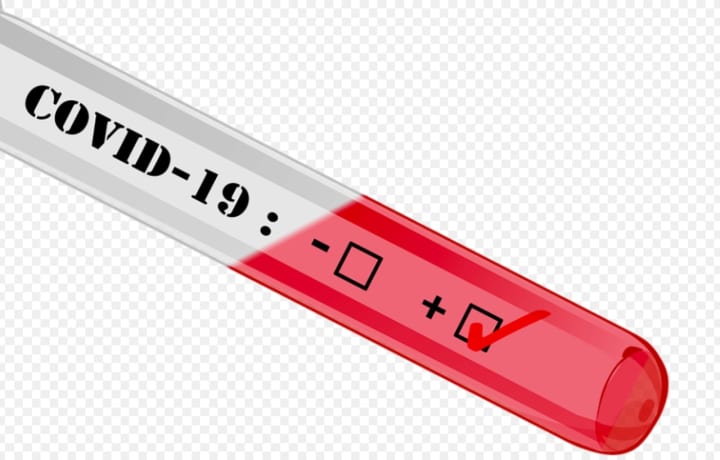Researchers evaluated more than 3,500 NBA players and staff who were in a “bubble” for last season’s playoff run to evaluate who contracted COVID-19, recovered, and were contagious.
In total, researchers studied the data of 3,648 players, staff, and vendors who were forced to undergo daily COVID-19 testing between June 11, and Oct. 19 last year.
During the 2020 NBA playoffs, the league created an isolation zone at Walt Disney World in Florida that was limited to players, family, and essential staff members who were contained and closely monitored.
“The study’s main outcome measure was SARS-CoV-2 transmission after interaction with an individual who clinically recovered from COVID-19 but had at least one post-infection positive (test),” officials said.
According to researchers, the key finding was that those who contracted and recovered from the virus did not spread the virus to others, including those who were playing and training with one another without masks on.
“Our study suggests that individuals who continue to test positive (for COVID-19) after meeting CDC criteria for discontinuation of isolation were not infectious to others during regular unmasked exposures,” they said.
Current guidance from the CDC states that “immunocompetent individuals with improving or resolved COVID-19 symptoms are no longer considered infectious 10 days after symptom onset or after a positive test and may discontinue isolation precautions.”
“A previous analysis of 790 contacts of 285 recovered patients with persistently positive RT-PCR test results failed to identify secondary transmission of the virus,” researchers wrote with a precaution.
“However, to our knowledge, detailed descriptions of frequent longitudinal testing from recovered individuals are lacking; these are needed to understand the time course of viral RNA shedding among individuals who continue to test positive, alongside clinical data regarding the risk of viral transmission.”
While the findings of the study were conclusive, researchers noted that it involved a subject group of largely young, fit, healthy men.
“In many ways, the NBA bubble season, with a fixed population of players and support personnel who participated in daily testing and many who were exposed regularly to high-risk, indoor, unmasked, close-contact activities, was an ideal experiment to test the transmissibility of persistently positive individuals,” they wrote.
“However, this was a group of predominantly young, healthy individuals, and none of the persistently positive individuals in this study required hospitalization. As such, these results should not be generalized to those who are immunocompromised or those with severe COVID-19 infections.”
Click here to follow Daily Voice Mamaroneck and receive free news updates.


